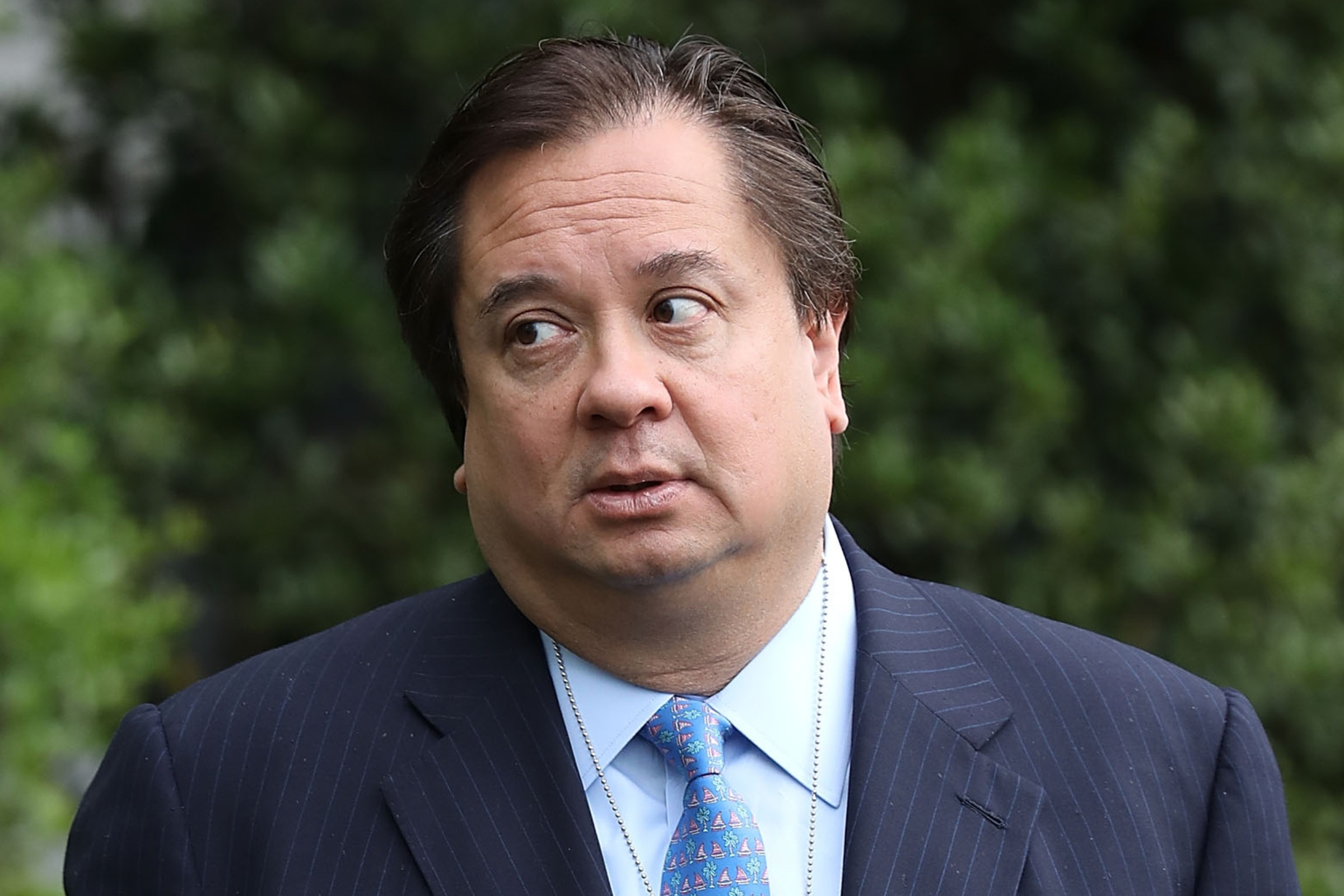BREAKING: The fundraising dinner being organized in Silicon Valley by Billionaires David Sacks & Chamath Palihapitiya in support of Donald Trump has been SOLD OUT Tickets for the dinner were $300,000 per person and $500,000 per couple. They expect to raise many more millions at the dinner Never in a million years did I think big tech billionaires in San Francisco would be lining up to raise money for Trump's campaign but here we are
Judge Merchan is totally bias!!
- Thread starter mitchell76
- Start date
Lots of stupid Americans out there
BREAKING: The fundraising dinner being organized in Silicon Valley by Billionaires David Sacks & Chamath Palihapitiya in support of Donald Trump has been SOLD OUT Tickets for the dinner were $300,000 per person and $500,000 per couple. They expect to raise many more millions at the dinner Never in a million years did I think big tech billionaires in San Francisco would be lining up to raise money for Trump's campaign but here we are
LMAO

 www.newsweek.com
www.newsweek.com

George Conway slams "vile" attacks on his daughter
The lawyer spoke out as Claudia Conway's Playboy deal was criticized following her comments about Donald Trump and his criminal conviction.
BREAKING: Following the New York conviction, Doug Leone, another venture capitalist BILLIONAIRE has publicly announced his support for Trump. He is also going to pour heavy money into the campaign "I have become increasingly concerned about the general direction of our country, the state of our broken immigration system, the ballooning deficit, and the foreign policy missteps, among other issues. Therefore, I am supporting former President Trump in this coming election."
NY Governor Kathy Hochul sent over $700K to Loren Merchan's PERSONAL HOME!! Why are NY Dems funneling MILLIONS to the home of Judge Merchan's daughter?? This REEKS of money laundering! President Trump's attorney, Will Scharf
@willscharf
, praised my investigation as GROUNDBREAKING journalism on the most recent episode of
@LoomerUnleashed
. Judge Merchan, a biased leftist, should have recused himself due to his clear conflicts of interest. President Trump deserves a fair trial!
Not only did
@MikeNellis
, the business partner of Judge Merchan’s daughter Loren Merchan just refuse to comply with a
@JudiciaryGOP
congressional records request for the second time, but these screenshots show that while he was attending the DNC Convention in Chicago last week, where Authentic Campaigns is headquartered, he was with Democrat operatives like
@RachelBitecofer
who was teaching Democrats how to “fight dirty” this election season by falsely portraying Trump supporters as “murderous, delusional fascists.” See receipts below



@Jim_Jordan
THEY BELONG IN PRISON!
BREAKING:








@CcpSkipTracer
, the
@JudiciaryGOP
House Judiciary Committee FINALLY subpoenaed Mike Nellis
@MikeNellis
, the founder of Authentic Campaigns and business partner of Loren Merchan, the daughter of Judge Juan Merchan and the President of Authentic Campaigns. I always said a subpoena was coming and I’m so happy we forced the Judiciary Committee to do this while they were on vacation. Nellis is being ordered to show up to the House Committee on the Judiciary in DC on September 13, 2024, which is 5 days before Judge Merchan is set to sentence Donald Trump in NYC!! Nellis and Loren Merchan have already refused to comply with 2 House Judiciary Committee Inquiries. If you ignore a subpoena, you go to jail! This is the final straw. If they refuse to show up, they will be raided and jailed.
@Jim_Jordan
This is why I refuse to play nice with the
@HouseGOP
. Sometimes you have to bully these people in order to get ACCOUNTABILITY! Cc:
@TeamTrump
How fucked up is it that even though
@MikeNellis
was just Subpoenaed today, President Trump isn’t even allowed to talk about it due to the UNCONSTITUTIONAL GAG ORDER IMPOSED ON HIM BY THE FATHER OF MIKE NELLIS’S BUSINESS PARTNER, LOREN MERCHAN!?! We all need to be Donald Trump’s bullhorn and demand accountability for these Democrat PARASITES at Authentic Campaigns who have gotten rich off the persecution of Donald Trump by the CORRUPT, COMMUNIST, FOREIGN BORN JUDGE JUAN MERCHAN! JUSTICE FOR DONALD TRUMP!!!!
@JudiciaryGOP
@Jim_Jordan














